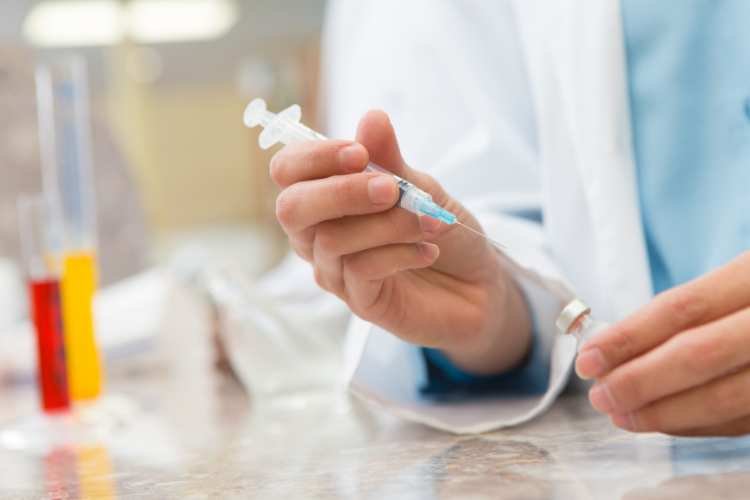Despite recent efforts by the White House and the FDA to address the chemotherapy shortage in the United States, a survey conducted by the National Comprehensive Cancer Network (NCCN) has revealed that many treatment centers are still facing significant shortages of essential medications.
The NCCN conducted a survey of 29 member institutions throughout September and found that 72% of these centers continue to experience shortages of carboplatin, while 59% are grappling with a shortage of cisplatin. This survey serves as a follow-up to a June assessment of the supply levels of these critical platinum-based chemotherapies. The June survey had indicated that 93% of centers were experiencing a shortage of carboplatin, with 70% facing shortages of cisplatin.
“It is extremely concerning that this situation continues despite significant attention and effort over the past few months. We need enduring solutions in order to safeguard people with cancer and address any disparities in care.”
– NCCN’s CEO Robert Carlson, M.D
Also Read: White House Reports Progress On Easing Cancer Drug Shortages With FDA, Manufacturers
It is worth noting that nearly all of the surveyed treatment centers remain capable of treating patients with carboplatin or cisplatin regimens. They achieve this primarily by implementing stringent waste management strategies, as reported by the NCCN.
These survey results serve as a stark reminder that the chemotherapy shortage has not been fully resolved. The White House had recently outlined various measures taken by the FDA to tackle the shortage, such as allowing the importation of 14 lots of cisplatin from a foreign facility and collaborating with manufacturers to explore capacity expansion opportunities.
While these measures have improved the drug supply, officials acknowledge that there is still more work to be done. The access issue remains a concern, particularly for a specific group of clinics that struggle to replenish their drug supplies. These smaller clinics, often located in underserved areas or serving patients with lower socioeconomic status, have been disproportionately impacted by the shortage.
Also Read: Drug Shortages, According To US Chemists, Are Impacting Cancer Treatment
Julie Gralow, M.D., Chief Medical Officer of the American Society of Clinical Oncology (ASCO), noted that larger hospitals may have an adequate drug supply but face legal limitations preventing them from transferring drugs to smaller clinics. This situation leaves patients who cannot travel still unable to access essential cancer treatment.





























